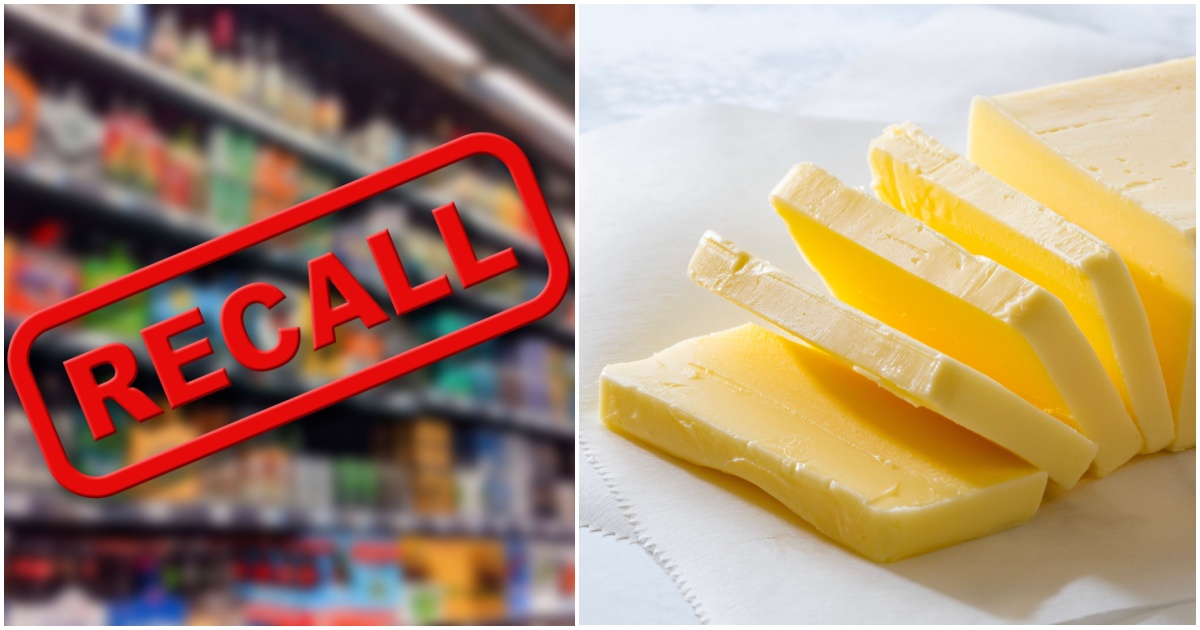Butter plays a key role in daily cooking, from spreading it on toast to baking or sautéing. Most people never think twice about it. However, millions of shoppers recently received a jarring reminder to stay alert. A popular item, Cabot Creamery’s Extra Creamy Premium Sea Salted Butter, was pulled from shelves after tests revealed elevated levels of coliform bacteria, which can signal possible fecal contamination, a butter recall was put into place.
The recall affected products sold at Walmart and several other major retailers. Although the risk to public health remained low, the widespread distribution and unsettling nature of the contamination quickly raised concerns. With so many consumers relying on trusted brands, the incident sparked a larger conversation about food safety, transparency, and trust.
What Sparked the Butter Recall?
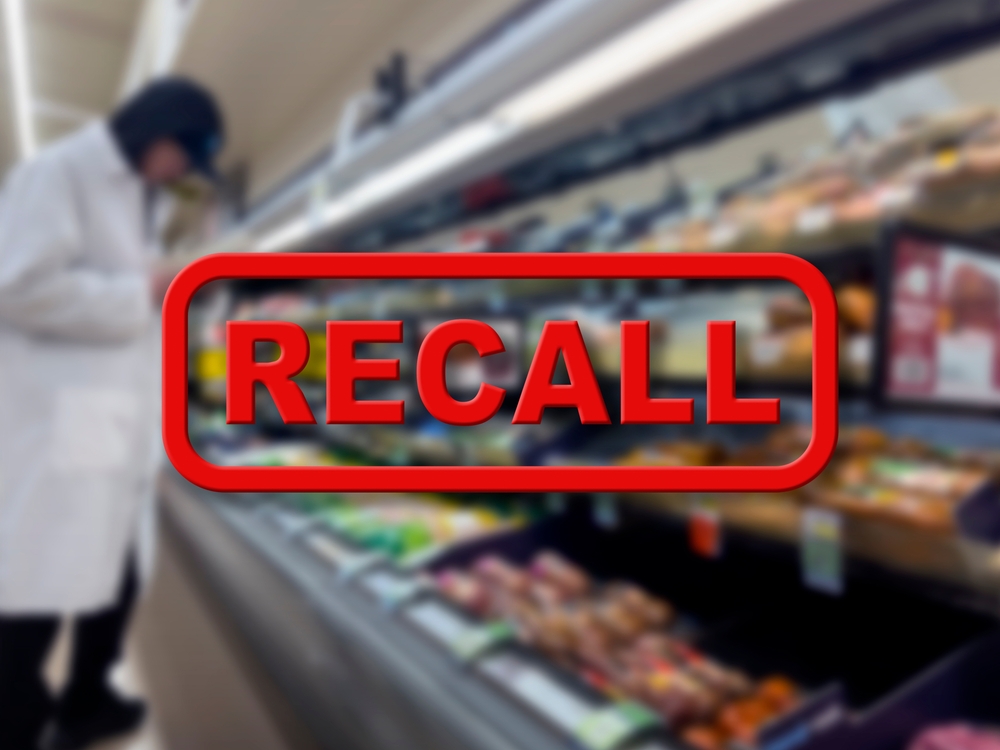
Routine quality tests revealed high levels of coliform bacteria in certain batches of Cabot Creamery butter. These bacteria typically exist in the environment, including in soil, water, and fecal matter. While not always dangerous on their own, their presence in food usually points to unsanitary conditions during manufacturing or packaging.
After receiving these test results, Agri-Mark Inc., the parent company of Cabot Creamery, initiated a voluntary recall on March 26, 2025. The affected product came in 8-ounce packages, each containing two 4-ounce sticks. The packaging displayed the lot code 090925-055, a best-by date of September 9, 2025, and the UPC 0 78354 62038 0. The FDA classified this as a Class III recall, meaning the product is not likely to cause serious health issues. Even so, the discovery warranted immediate action.
Where Was the Contaminated Butter Sold?
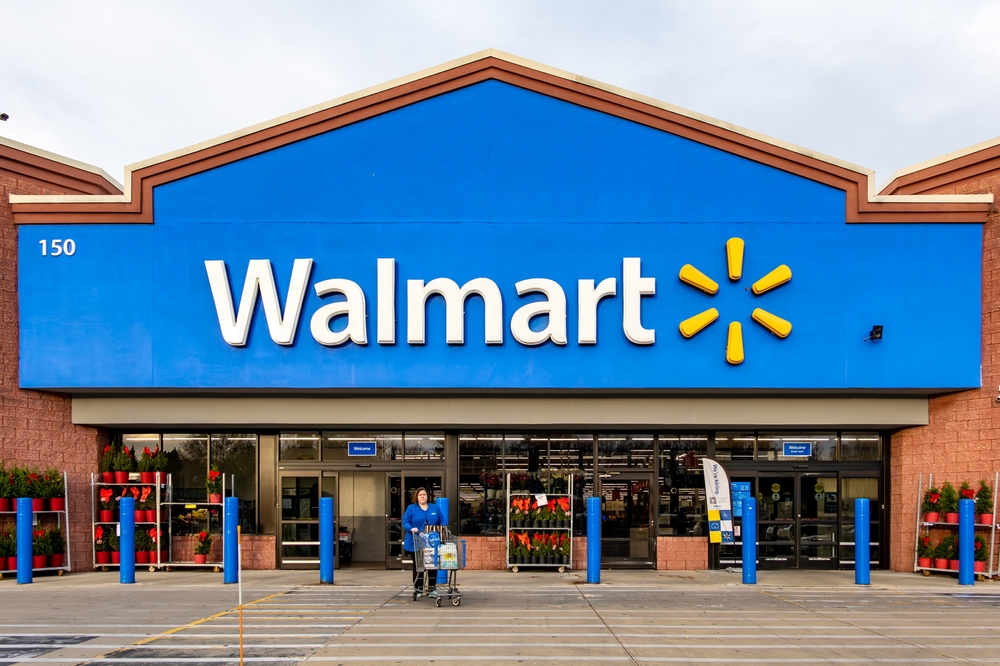
Cabot Creamery distributed approximately 1,701 pounds of the recalled butter to stores in Vermont, New York, Pennsylvania, Maine, Connecticut, New Hampshire, and Arkansas. Many of these shipments went to Walmart, where millions of people regularly shop for groceries. Because Cabot Creamery holds a reputation for quality, the news caught the attention of concerned consumers throughout these regions.
Agri-Mark acted swiftly and managed to recover 99.5 percent of the affected product before it reached store shelves. However, 17 packages did make it into the hands of Vermont consumers. That detail, though small, raised enough concern to warrant public alerts and national media coverage.
Why Coliform Bacteria Are a Serious Concern
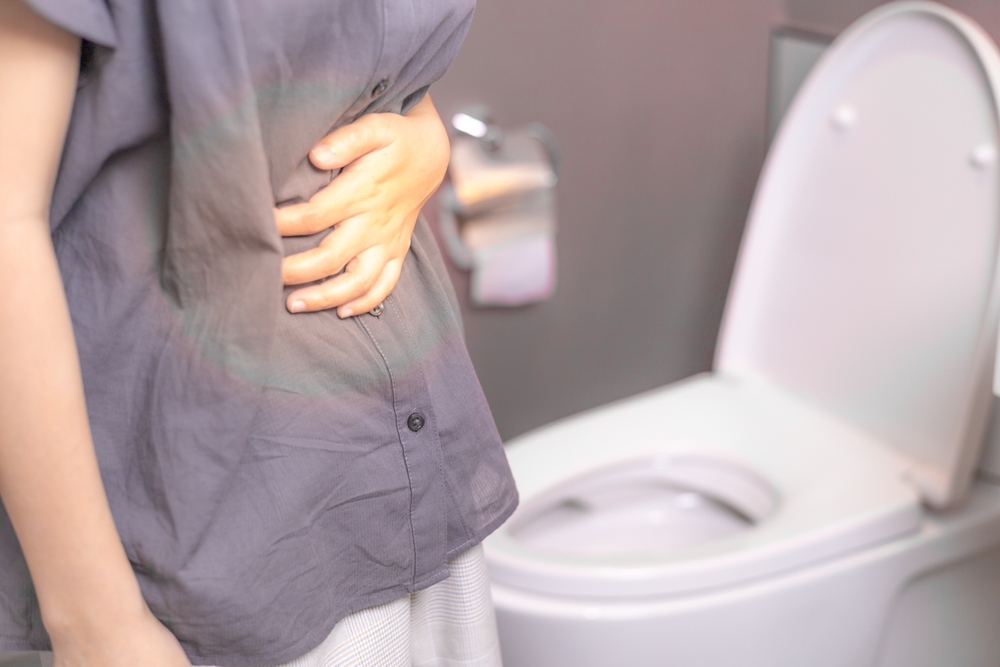
Coliform bacteria, while not always dangerous themselves, serve as warning signs. Their presence suggests the possibility of other, more harmful pathogens in the product. In food production, their detection usually means there was a lapse in cleanliness somewhere along the process.
People who consume products tainted with these bacteria may experience symptoms such as nausea, diarrhea, abdominal cramps, or mild fever. While many healthy individuals might recover without medical treatment, the situation is more serious for vulnerable groups. Infants, elderly adults, pregnant women, and individuals with weakened immune systems face a higher risk of complications from foodborne illnesses.
Although this recall did not involve a confirmed outbreak, it reinforced the need for careful food handling and prompt action when something goes wrong in the production chain.
What Should Shoppers Do Now?

If you recently purchased Cabot Creamery Extra Creamy Premium Sea Salted Butter, take the following steps to ensure your safety:
- Check the packaging for lot code 090925-055 and a best-by date of September 9, 2025.
- Look for the UPC 0 78354 62038 0.
- If your butter matches these details, do not eat it.
- Return it to the store where you bought it for a full refund or dispose of it properly.
- If you’ve already consumed the butter and feel unwell, contact your healthcare provider.
You can also call the FDA at 1-888-INFO-FDA or reach out to Agri-Mark directly at 1-888-792-2268 for more information.
What This Means for Food Safety and Consumer Trust
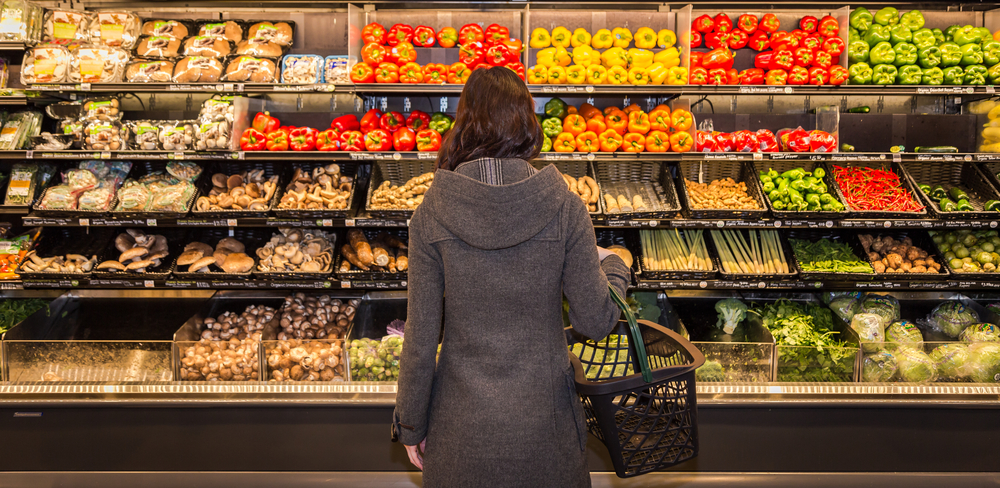
While this butter recall was small in scope, it highlights how fragile food safety systems can be. Agri-Mark moved quickly to identify the issue and take corrective action, and that response likely prevented a more serious situation. However, the contamination should never have occurred in the first place.
This event serves as a wake-up call for manufacturers. They must maintain strict hygiene standards and perform thorough product testing before anything reaches store shelves. Food safety doesn’t allow room for shortcuts, especially when the products are shipped nationwide.
Retailers also have an important role to play. They need to pull affected items from inventory quickly, inform customers, and assist with returns and refunds. Most importantly, consumers must stay informed and proactive when recalls like this one happen.
How Shoppers Can Stay One Step Ahead
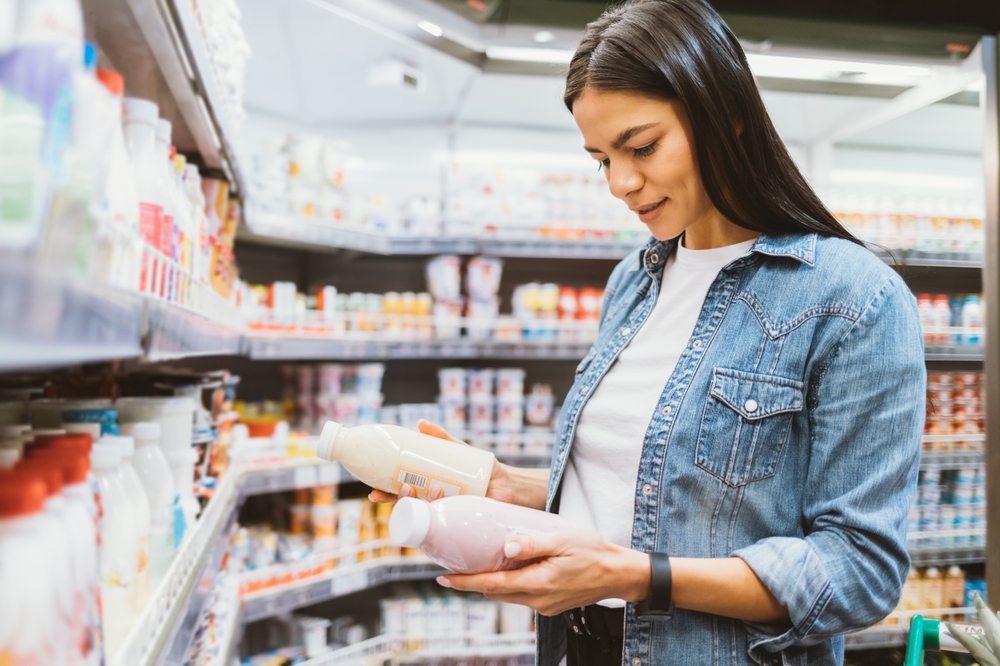
Consumers can take simple steps to stay protected during food recalls. Read food labels carefully, especially when recalls are announced. Pay attention to lot numbers, expiration dates, and product origins. Store food properly and avoid keeping expired products too long, even if they appear safe.
You can also sign up for recall alerts through the FDA’s website or monitor public advisories from major grocery chains. These small habits can go a long way in keeping your household safe and informed.
This butter recall involving Cabot Creamery shows how quickly a trusted grocery item can turn into a public health concern. Most of the contaminated product was intercepted, and no major illnesses were reported. Still, the event reminded millions of shoppers that even refrigerated, sealed items like butter are not immune to contamination.
Agri-Mark handled the situation with speed and transparency, which helped restore some public confidence. Yet the larger lesson remains clear: food safety depends on a chain of responsibility that includes producers, retailers, and consumers alike.
Everyone plays a role in keeping contaminated products out of homes. By staying alert, taking recalls seriously, and demanding high standards from brands and stores, shoppers can help make the food system safer for all.
Read More: Coca-Cola Recalls Nearly 900 Cases of Soda—Check Your Fridge Immediately
